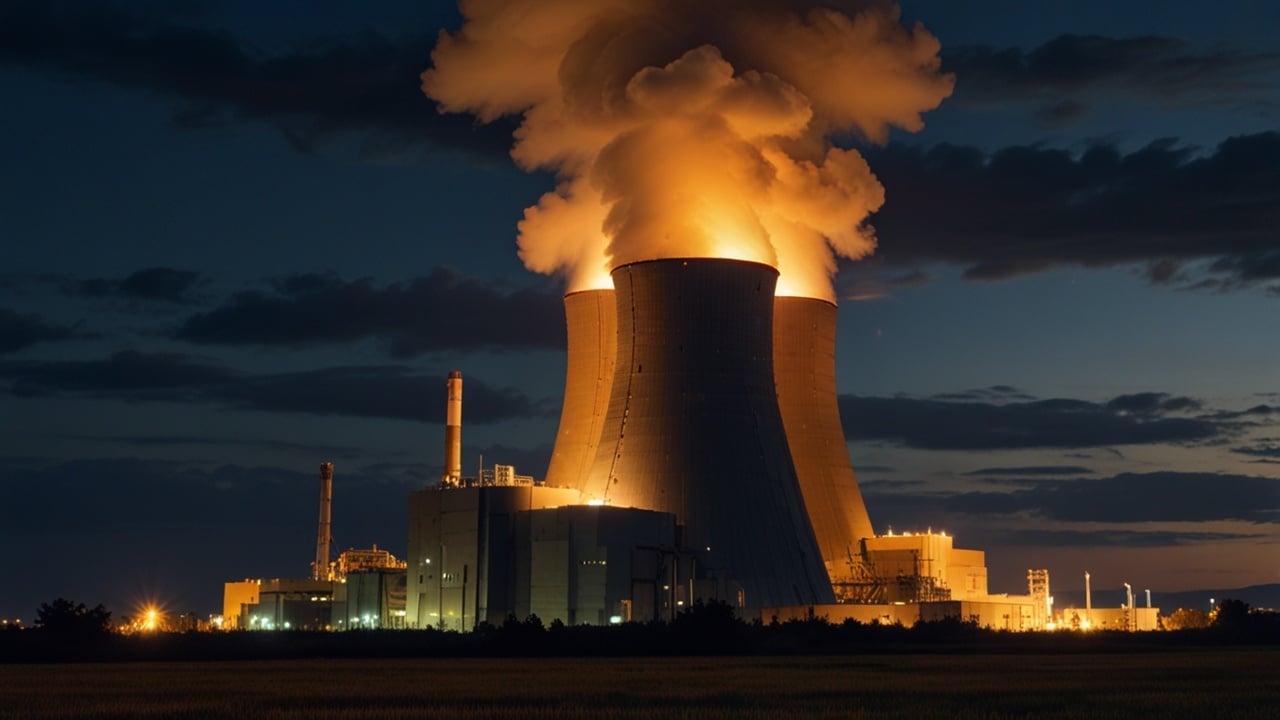Google has recently made headlines with a groundbreaking agreement that will see the tech giant utilizing electricity from small nuclear reactors to power its artificial intelligence (AI) initiatives. This landmark deal, announced in partnership with startup Kairos Power, signifies a significant step towards a more sustainable energy future.
Google's collaboration with Kairos Power involves supporting the construction of seven small nuclear reactors capable of generating a total of 500 megawatts of power. The first reactor is slated to come online by 2030, with subsequent reactors to follow in the ensuing years. This move underscores Google's commitment to securing clean and reliable energy sources to fuel its AI technologies.
In a blog post, Michael Terrell, Google's senior director of energy and climate, emphasized the pivotal role of new electricity sources in supporting advancements in AI that drive scientific breakthroughs, enhance business services, and bolster national competitiveness and economic growth. The partnership with Kairos Power not only accelerates the adoption of innovative energy technology but also unlocks the full potential of AI for a diverse range of applications.
Google is not alone in its pursuit of nuclear energy solutions to power data centers and AI applications. Other tech behemoths like Microsoft and Amazon have also ventured into the realm of nuclear power to meet their escalating electricity demands. Microsoft recently entered into an agreement with Constellation Energy to revitalize a decommissioned nuclear reactor at Three Mile Island, Pennsylvania, securing power for the next two decades. Similarly, Amazon inked a deal with Talen Energy to acquire a data center campus in Pennsylvania powered by a nearby nuclear plant.
Given that data centers consume a substantial portion of global electricity—with consumption projected to surge alongside AI advancements—tech companies are turning to nuclear energy as a viable and sustainable option. Small modular reactors (SMRs) are gaining traction as a cost-effective and efficient alternative to traditional large-scale nuclear reactors, with proponents touting their potential to revolutionize the energy landscape.
Kairos Power, founded in 2016 with support from the United States Department of Energy, is at the forefront of advancing innovative nuclear technology. The company's mission revolves around accelerating the development of cutting-edge nuclear solutions that could transform energy production both in the United States and internationally. By partnering with Google, Kairos Power aims to expedite its progress along the learning curve and bring its innovative approach to fruition.
The collaboration between Google and Kairos Power exemplifies a strategic alliance that transcends traditional customer-supplier dynamics. Google's deep understanding of Kairos Power's innovative approach underscores the potential impact that this partnership can have on reshaping the energy landscape and harnessing the full capabilities of AI technology.
As the world gravitates towards sustainable energy solutions to power the digital age, initiatives like Google's venture into nuclear power herald a new era of innovation and collaboration at the intersection of technology and clean energy. This pioneering step not only underscores the tech industry's commitment to sustainability but also sets a precedent for leveraging nuclear energy to drive transformative advancements in AI and beyond.




